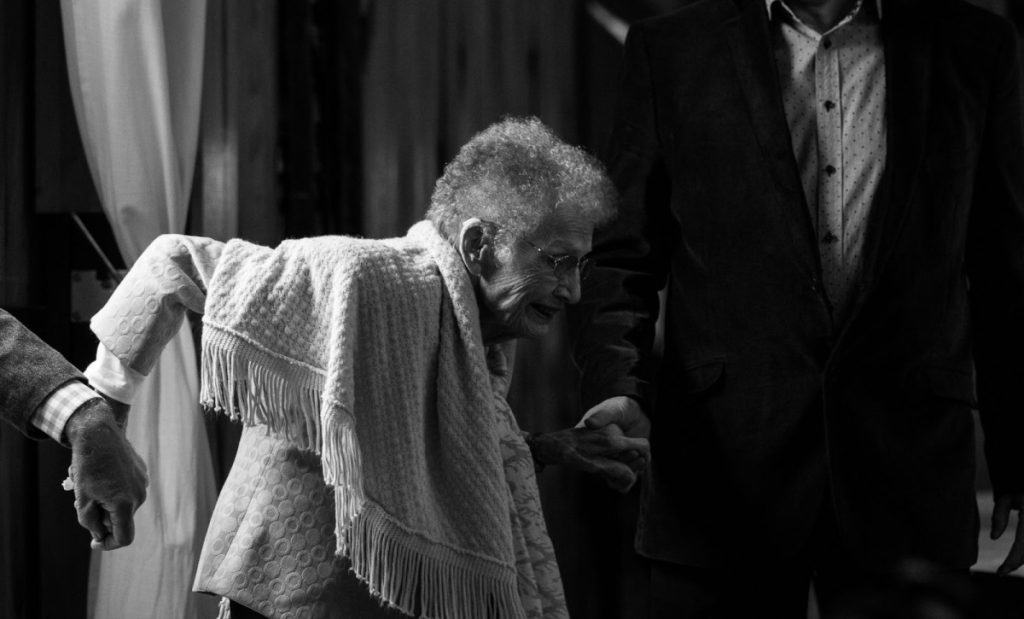
As the world advances digitally, incorporating different technologies in daily activities is becoming more prevalent. One such technology is incorporating smart home technology, which is becoming essential to improve seniors’ safety and quality of life.
Devices such as smart cameras, voice-activated assistants, medical alert systems, and automated lighting can answer challenges such as falls, medication management, and emergency responses. However, these advancements also bring legal and ethical considerations that families, caregivers, and tech developers must navigate. Some legal concerns include:
- Privacy and Data Security
Data privacy is one of the most significant legal concerns surrounding smart homes. Smart devices collect much personal information, whether health metrics or detailed daily routines. For instance, the Health Insurance Portability and Accountability Act in the U.S. classifies healthcare-related data as needing protection for private individuals’ rights. When you use health-monitoring devices for seniors, the data gathered must comply with such regulations.
Additionally, Internet of Things devices are not secured and are susceptible to hacking. The increasing probability of hacking causes older people to be more susceptible to cybercrimes. Manufacturers have a mandate to design security into their products. However, families and caregivers must also engage in these security features. You can reduce the associated risks by using strong passwords and updating firmware.
- Consent and Surveillance
Increased safety through cameras and monitoring systems generally raises legal questions about consent. Surveillance technology to monitor seniors for falls or other emergencies, such as identifying and reporting elder abuse, can infringe on the right to privacy. Still, it may be necessary to guard against illegal non-consensual recording in many jurisdictions, particularly in private places like bedrooms and bathrooms.
Additionally, families and caregivers should engage seniors in discussing the existence of surveillance devices and obtain explicit consent. Where there are advanced cognitive impairments, like dementia, informed consent becomes particularly challenging. Legal arrangements to establish guardianship or power of attorney might be necessary, but you need to view this situation tactfully, bearing in mind respect for personhood.
- Liability and Malfunctions
Smart home devices are reliable but need to be foolproof. If a device malfunctions or fails to alert caregivers in an emergency, questions of liability can arise. Who is liable: the manufacturer, the installer, or the caregiver? Families must select their products from reliable brands to alleviate such concerns, ensure proper installation, and maintain regular maintenance schedules.
Legally, product liability laws often hold the manufacturers liable for defects. However, users must also abide by the device’s operational guidelines. Failure to do so may reduce the manufacturer’s liability in a mishap.
- Accessibility and Discrimination
The Americans with Disabilities Act requires that technologies be accessible to everybody, that is, seniors with disabilities and, by extension, the global equivalent of such laws. Smart home devices must be compatible with many different needs: voice controls for persons with mobility limitations or screen readers for visually challenged people. A failure to design inclusive technologies could expose companies to lawsuits. For caregivers and families, choosing accessible devices ensures seniors can use the technology effectively without additional barriers.
- Ethical Considerations in Autonomy
Legal compliance is crucial, but ethics also play a vital role in utilizing smart homes for elderly persons. Over-surveillance may result in seniors feeling intruded upon or losing their autonomy. One thing that these caregivers can do is encourage older people to participate in decisions regarding installing and using smart devices.
Endnote
Smart homes represent a transformative potential in the attempt to enhance the safety and well-being of seniors. However, their use should align with legal and ethical standards. There are concerns regarding privacy, consent, liability, accessibility, and autonomy; these are all pertinent issues you must adequately address to create a safe and respectful aging environment. You can harness the responsible use of innovative technology by taking proactive steps towards compliance with relevant laws and open communication among caregivers and families.




